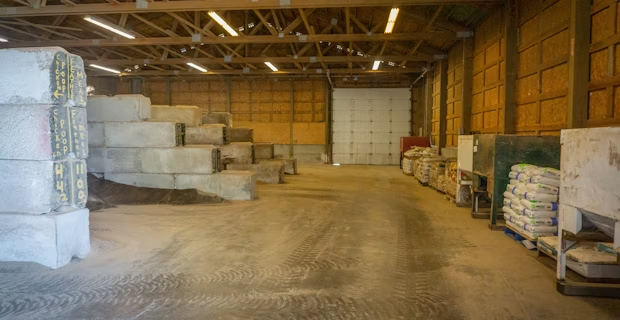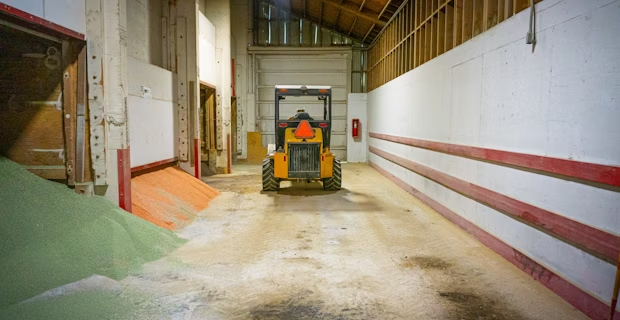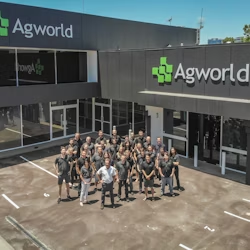With product shortages, logistical challenges and price increases seemingly hitting every part of our daily lives to a certain extent, few commodities have been hit harder than fertiliser. As an example: urea prices ex New Orleans have increased a staggering 314% on an AUD adjusted basis in the last 12 months alone, and many industry experts expect the local urea prices to exceed $1,400 by March next year.
“Growers use digital tools to overcome high fertiliser prices”
Other fertilisers such as MAP, DAP and super single phosphate have been rising in a similar manner, and many growers as well as agronomists are therefore wondering how this will impact the next crop. While growers cannot change the price of fertiliser, they can ensure that the fertiliser they use generates a maximum ROI, and therefore keep their cropping program as profitable as possible under these challenging circumstances. Agworld offers 3 simple ways to start this process of continuous improvement:

Soil sampling
Instead of just applying an arbitrary amount of fertiliser, it pays to sample your soil first so you can avoid applying more fertiliser than necessary and still ensure that each part of your field receives enough fertiliser. With Agworld soil sampling you can create sampling jobs based on either a grid or point sampling method, and then assign them to someone you are connected to on Agworld, a colleague, third party collector or anyone else.
If you use a laboratory that is integrated with Agworld, you can scan the sample barcode in Agworld so it is connected to a specific location and the laboratory has all the information they need. Once the samples are analysed, the results are delivered directly back into your Agworld account. If you use a lab not connected to Agworld, then have a look at the lab agnostic workflow. Other relevant soil data, such as EM surveys etc, is also available in Agworld through our bespoke integration with Precision Cropping Technologies, offering ultimate visibility of these geospatial layers to all users connected to a farm in Agworld.

On-farm fertiliser trials
Why rely on trials performed 100’s of kilometers away under different circumstances when you can create your own trials on-farm? Laconik helps you create scientifically valid, easy to design and simple to execute fertiliser trials all the way through to harvesting and analysing your results and ROI. By knowing the exact fertiliser responses for each crop on your farm, it becomes easier to optimise your fertiliser spend.
Laconik is integrated with Agworld to display Laconik’s strip and randomised trial layers on your farm maps in Agworld, ensuring that both grower and agronomist have good visibility into all geospatial trial data and are able to ground truth results.

Got what it takes to join the Agworld team? We’re looking for talented individuals to help us deliver innovative solutions in agriculture.
Planning and budgeting
Just ‘doing what we’ve always done’ doesn’t work anymore when input prices rise so much that they completely change the equation. Planning your rotation and exact input usage becomes key to ensuring that your expected yields cover your costs as well as provide you with a profit. Also, with short supply expected, knowing what you need and working with suppliers to ensure your requirements, is more valuable than ever. If your crop budgets show that you will be growing a crop at a loss, why even plant it?
Agworld allows growers to collaboratively plan and budget together with their agronomist and financial advisor, ensuring that everyone works on the same data set and can proactively contribute their knowledge to the best strategies for the season ahead. By creating an estimated gross margin overview for each crop and field you plant in Agworld, you can make optimised decisions throughout the season and ensure that your chance of producing a profitable crop is as high as possible.





